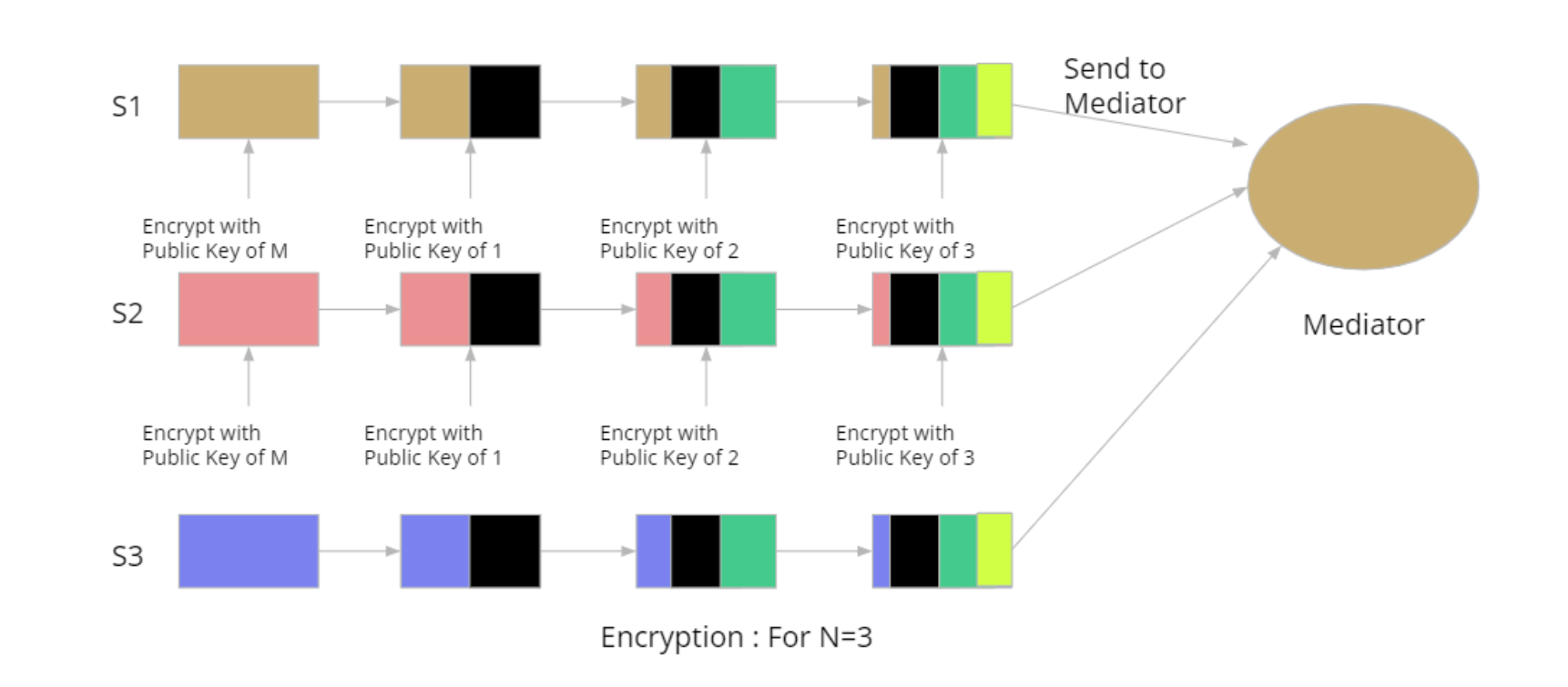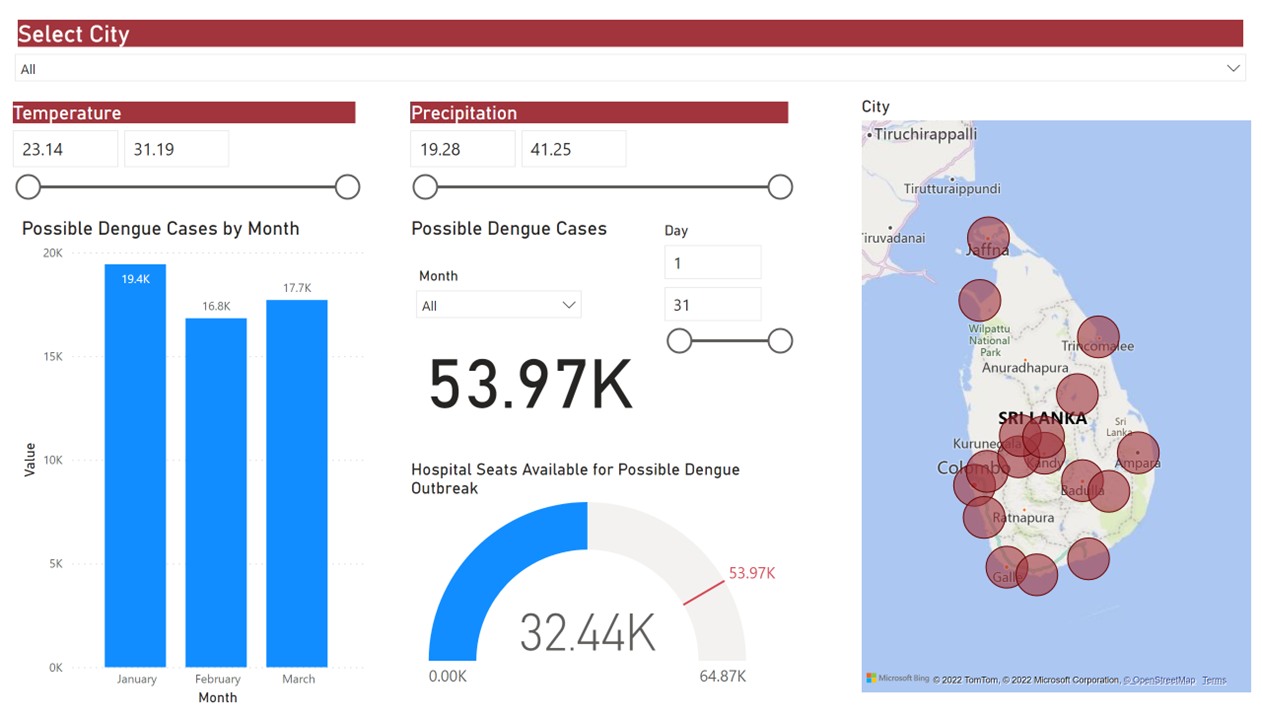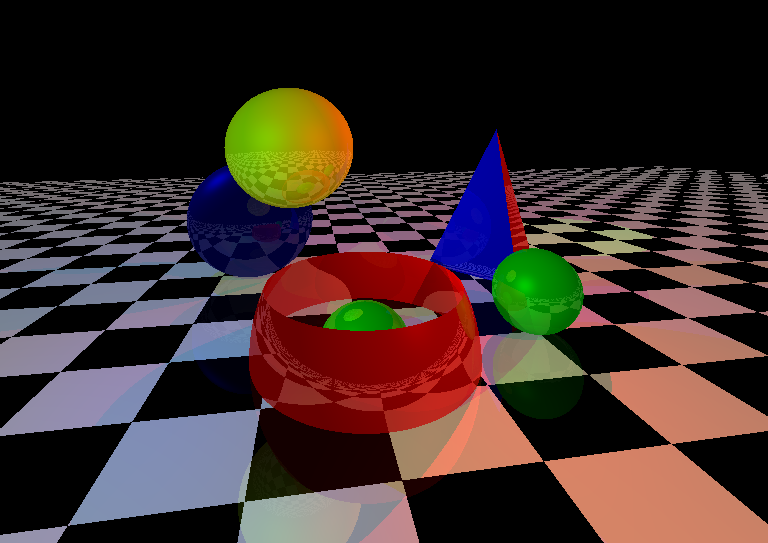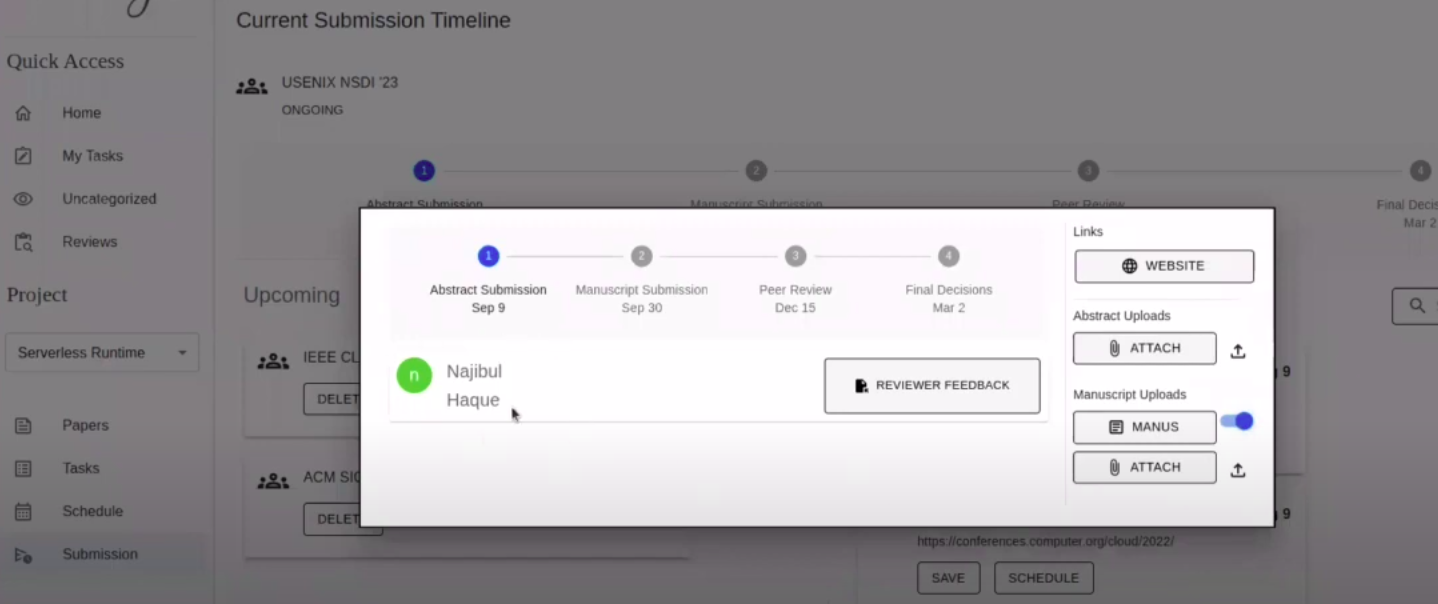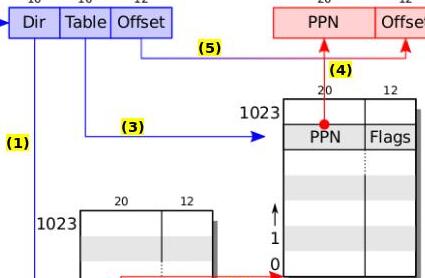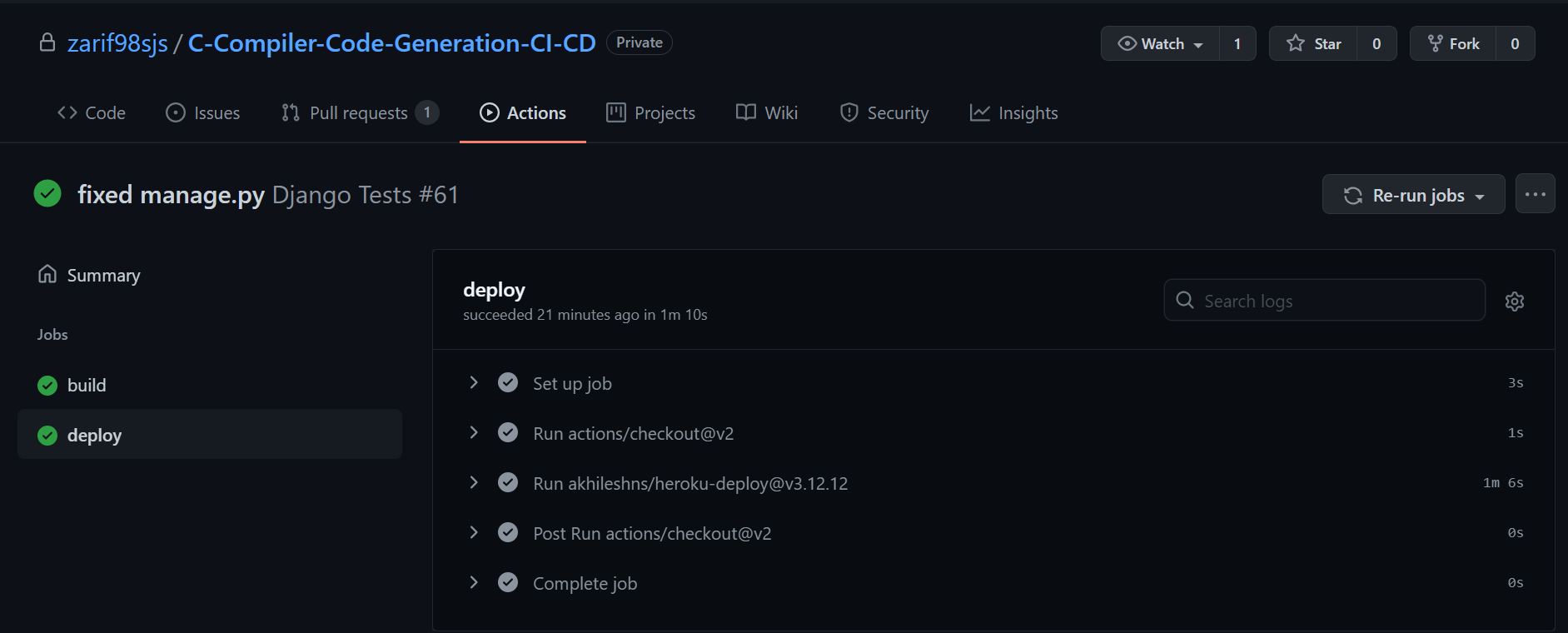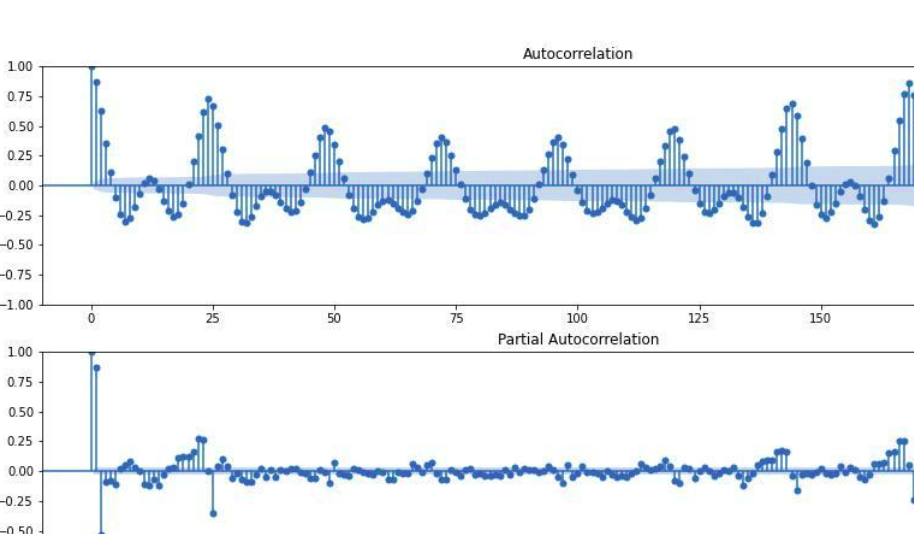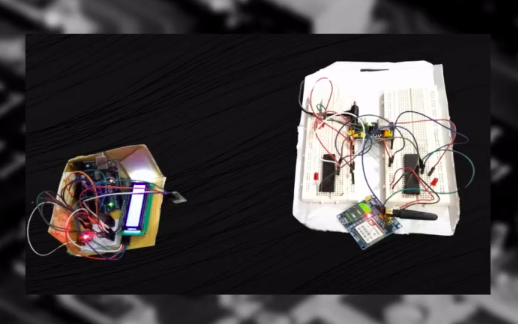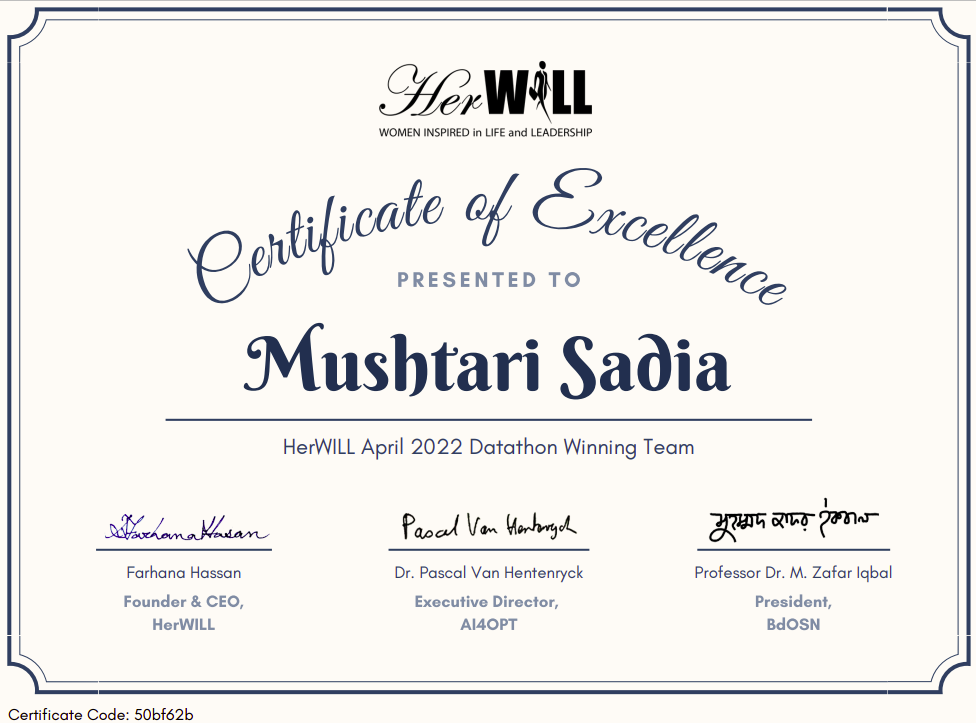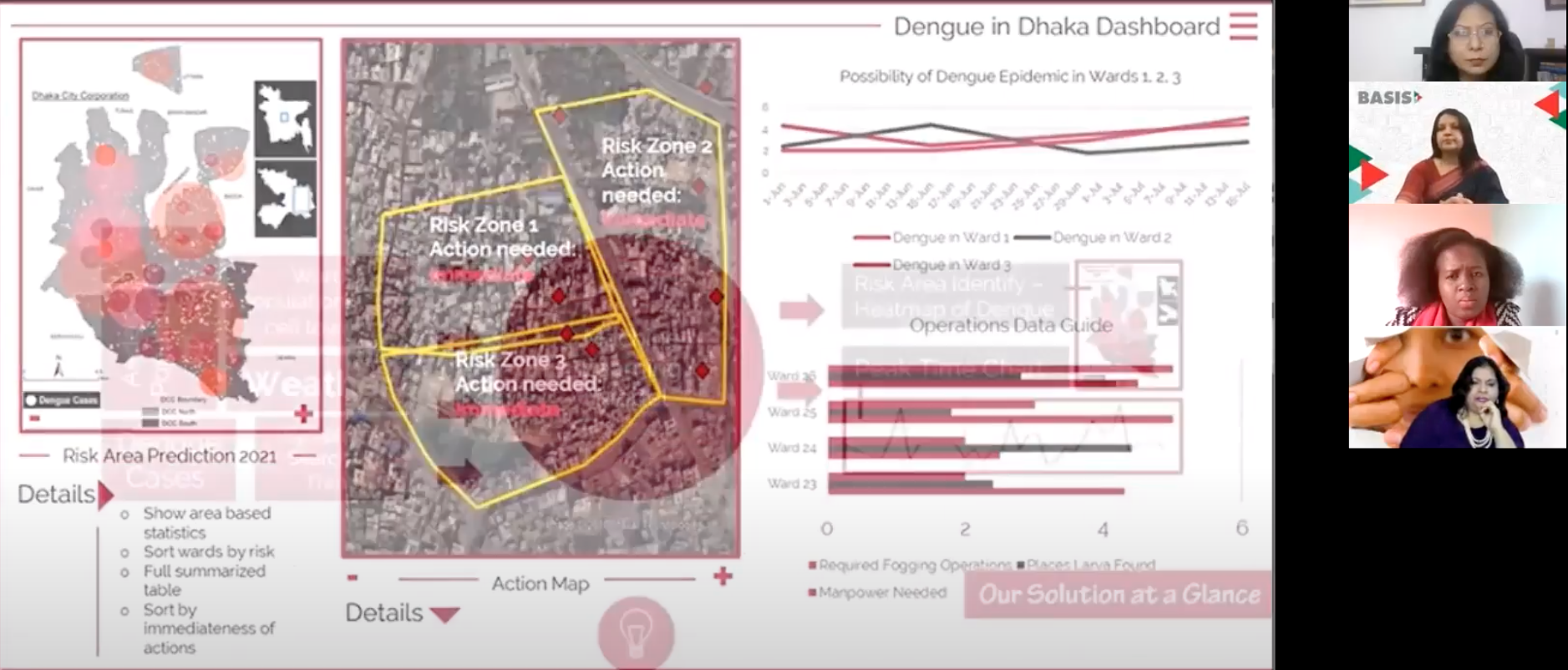
Mushtari Sadia
About me
 I'm Sadia (she/her), a second-year PhD student at the department of CSE in University of Michigan, Ann Arbor, working as a Research Assistant @ Michigan Systems Laboratory, and I'm co-advised by Professor Ang Chen and Professor Amrita Roy Chowdhury.
I'm Sadia (she/her), a second-year PhD student at the department of CSE in University of Michigan, Ann Arbor, working as a Research Assistant @ Michigan Systems Laboratory, and I'm co-advised by Professor Ang Chen and Professor Amrita Roy Chowdhury.
My research interest lies in reimagining core systems problems using computer vision, natural language processing, and multimodal models, to build secure and/or more capable systems. Therefore, I am especially motivated by problems at the intersection of (1) systems/security, and (2) AI.
I previously graduated from the department of CSE, BUET, and worked as a lecturer in the department of CSE, BRAC University, and as an adjunct lecturer at the department of CSE, BUET.
In my free time, I love travelling, dancing and binge-watching sitcoms. 



Work Experience
-
Graduate Student Research Assistant
Advisors: Ang Chen, Amrita Roy Chowdhury.
Department of Computer Science and Engineering,
University of Michigan, Ann Arbor
August 2024 — Present -
Lecturer
Department of Computer Science and Engineering,
BRAC University
June 2023 — July 2024Course Instructor:
(Summer 2023, Fall 2023, Spring 2024) CSE 220: Data Structures
(Summer 2023, Fall 2023, Spring 2024, Summer 2024) CSE 221: Algorithms
(Summer 2023, Fall 2023, Summer 2024) CSE 220: Data Structures Sessional
(Summer 2023, Spring 2024, Summer 2024) CSE 110: Programming Language I Sessional
-
Adjunct Lecturer
Department of Computer Science and Engineering,
Bangladesh University of Engineering and Technology
November 2023 — March 2024Course Instructor:
CSE391: Embedded Systems and Interfacing
CSE392: Embedded Systems and Interfacing Sessional
CSE102: Structured Programming Language Sessional
CSE412: Simulation and Modeling Sessional
Research Experience
(* denotes equal contribution)
-
SQUiD: Synthesizing Relational Databases from Unstructured Text (2025)
Mushtari Sadia, Zhenning Yang, Yunming Xiao, Ang Chen, Amrita Roy Chowdhury
Accepted to EMNLP 2025.Over 80% of real-world information exists in unstructured text. While this vast resource holds immense potential value, traditional relational database systems cannot directly analyze such data. We introduce SQUiD (SQL on Unstructured Data), a neurosymbolic framework that automatically synthesizes SQLite databases in the user’s system, after generating both schema and the tuples, from raw text. Unlike direct prompting, which often fails with hallucinations and invalid SQL, SQUiD decomposes the task into four precise stages: schema generation, value identification, table population, and database materialization. By reliably converting free-form text into SQL, SQUiD makes unstructured data as analyzable as any relational database.
Read the preprint: [arXiv] -
Multi-modal Swarm Intelligence for Secure UAV Missions (2024)
Yunming Xiao, Mushtari Sadia, Ang Chen
Genzero Workshop Poster (2024)Unmanned Aerial Vehicles (UAVs) have found wide use in various tasks, but developing swarm intelligence for intrusion detection is far from easy. In this project, we proposed to leverage recent advances in large multimodal models (LMMs) that can fuse multiple data sources for secure missions. Our project will fine-tune and deploy LLMs of varying sizes to the edge/fog UAVs, combining data sources such as sensory inputs (e.g., camera, IMU) as well as internal operational data (e.g., syscall logs). This will enable real-time detection and response system to thwart threats with swarm-wide coordination.
-
LogShield: A Transformer-based APT Detection System Leveraging Self-attention (2022)
Sihat Afnan*, Mushtari Sadia*, Shahrear Iqbal, Anindya Iqbal
Undergraduate thesis project under Dr. Anindya Iqbal and Dr. Shahrear Iqbal(Research Officer, National Research Council (NRC) Canada). In this work, I co-implemented a framework which includes a robust process of creating a provenance graph from raw log data from the DARPA OPTC and DARPA TC E3 datasets, subsequently generating event sequences from that graph and finally transforming the data into a suitable format for transformer-based language models such as BERT, RoBERTa, GPT. My personal contributions were building the postgres database from the raw log datasets, designing SQL queries to generate the provenance graph, co-writing the code for preprocessing the graph data to extract traces with relevant attributes, and finally building the experiments with various pre-trained LLMs. We were able to achieve state of the art performance from our framework in detection of APT attacks.
Read the preprint: [arXiv] -
Advancing Parallelization in Deep Learning Training: A Novel HSIC-Based Approach and Its Comparative Performance Against Traditional Federated Models (2023)
Mushtari Sadia, Praneeth Vepakomma
Worked with Dr. Praneeth Vepakomma (MIT Camera Culture Group) as part of the Fatima Fellowship Research Program, on a distributed machine learning project. We developed a method for parallelizing the forward propagation in neural network training, utlizing the HSIC objective function to eliminate the need for backpropagation, all while maintaining the same level of accuracy. We also discovered that, in some instances, employing slightly outdated local updates can signifcantly reduce communicaton costs without compromising accuracy.
Education
-
PhD in Computer Science and Engineering
University of Michigan, Ann Arbor
Advisors: Ang Chen, Amrita Roy Chowdhury.
August 2024 - Present -
B.Sc. in Computer Science and Engineering
Bangladesh University of Engineering and Technology
April 2018 - May 2023CGPA: 3.84/4.00
Technical Skills
-
Programming Languages
C/C++, x86 Assembly, Bison/Flex, Python, Java, Javascript, Bash, MySQL
-
Frameworks
Docker, PyTorch, NS3, xv6, Django REST, ReactJS, MP-SPDZ, Git, Oracle DBMS, LaTeX
-
Libraries
Sklearn, Pandas, Matplotlib, Seaborn

